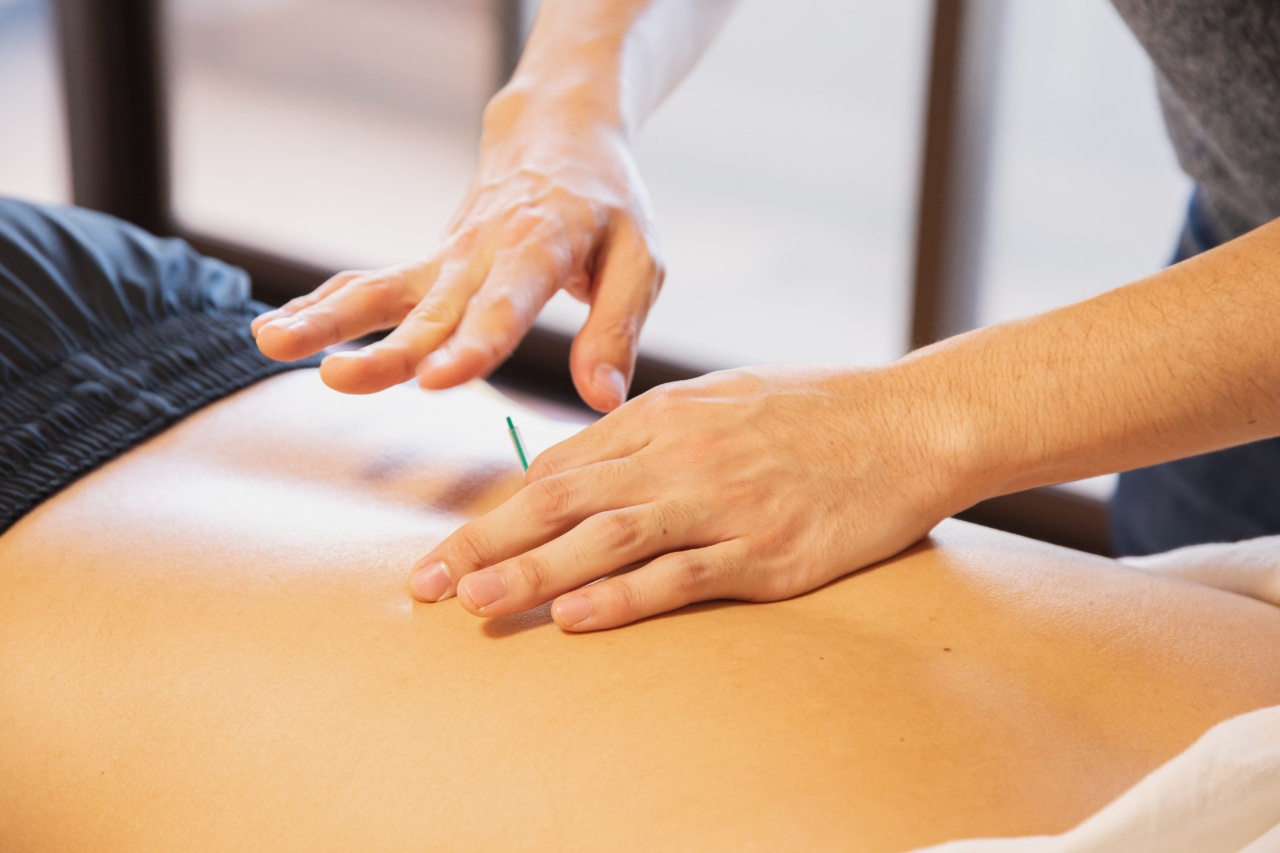Spring is a beautiful time of year filled with blooming trees, flowers, and warmer weather. However, for many people, it is also a time of increased allergies.
Seasonal allergies, also known as hay fever, can cause a variety of symptoms such as sneezing, runny nose, itchy eyes, and congestion. Traditional treatments for allergies include nasal sprays, antihistamines, and allergy shots. However, an alternative treatment gaining popularity is acupuncture.
What is acupuncture?
Acupuncture is a form of Traditional Chinese Medicine (TCM) that involves the insertion of thin needles into specific points on the body to stimulate energy flow known as Qi.
It is believed that disruptions in Qi flow can cause health problems, and the insertion of needles can help restore balance. Acupuncture has been practiced for thousands of years and has been used to treat a wide range of conditions such as pain, anxiety, and digestive issues.
How can acupuncture help with allergies?
According to TCM, allergies are caused by an imbalance in the body’s energy. Acupuncture can help restore balance by stimulating specific points on the body. These points are chosen based on the individual’s symptoms and underlying imbalance.
By stimulating these points, acupuncture can reduce inflammation, boost the immune system, and alleviate allergy symptoms such as congestion and itching.
What to expect during an acupuncture treatment?
During an acupuncture session, the acupuncturist will insert thin needles into specific points on the body. The needles are very thin and usually cause little to no discomfort. Once the needles are inserted, they may be left in place for 20-30 minutes.
During this time, many people feel a sense of relaxation or even fall asleep.
Is acupuncture safe?
Acupuncture is generally safe when performed by a licensed and trained practitioner. The needles used in acupuncture are sterile and single-use.
The most common side effects include soreness or bruising at the needle site, but serious complications are rare.
How many acupuncture treatments are needed?
The number of acupuncture treatments needed will vary depending on the individual and the severity of their allergies.
Some people may experience relief after just one treatment, while others may need multiple treatments to see a significant improvement. It is important to communicate with the acupuncturist about your progress and symptoms, as they may adjust the treatment plan accordingly.
Other natural remedies for allergies
In addition to acupuncture, there are other natural remedies that can help alleviate allergy symptoms. Some of these include:.
1. Neti Pot
A neti pot is a device used to rinse out the nasal passages. It can help wash away allergens and relieve congestion. To use a neti pot, fill it with saline solution and tilt your head to the side while pouring the solution in one nostril.
The solution will flow through the nasal passages and out the other nostril.
2. Quercetin
Quercetin is a flavonoid found in many fruits and vegetables such as apples, onions, and berries. It has anti-inflammatory properties and can help reduce allergy symptoms such as sneezing and itching.
It can be taken in supplement form or consumed through foods.
3. Local honey
Local honey is said to help alleviate allergy symptoms because it contains small amounts of pollen from local plants. Consuming small amounts of local honey regularly may help build up tolerance to these pollens and reduce allergy symptoms.
4. Probiotics
Probiotics are beneficial bacteria that live in the gut. They can help boost the immune system and reduce inflammation. Some studies have shown that probiotics may help reduce allergy symptoms.
5. Essential oils
Essential oils such as lavender and peppermint can help relieve congestion and soothe inflammation. They can be diffused or applied topically when diluted with a carrier oil.
Conclusion
Acupuncture is a safe and effective alternative treatment for allergies. By restoring balance to the body’s energy, acupuncture can help reduce inflammation, boost the immune system, and alleviate allergy symptoms.
In addition to acupuncture, there are other natural remedies that can also help alleviate allergies. It is important to consult with a licensed acupuncturist or healthcare provider to determine the best course of treatment for your allergies.






























